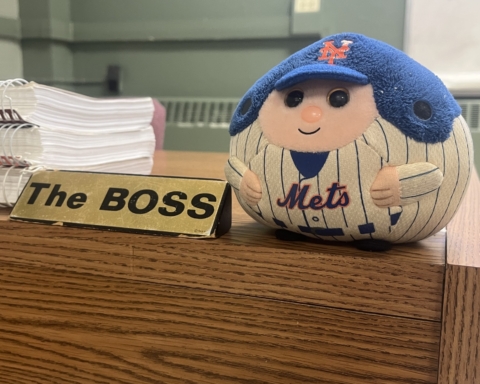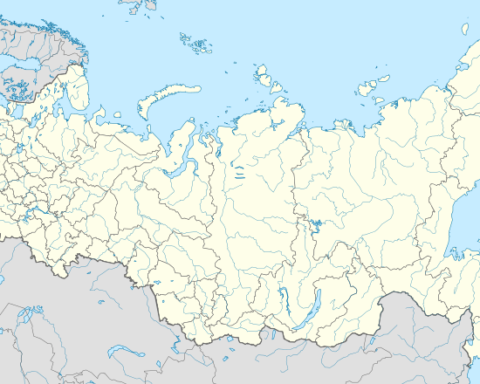I used to ask myself a whole list of questions each morning when I woke up. One included, “Ok, Fraser. What do you want to be today?”
All throughout high school, I was told I give off “bisexual vibes.” For a while, the person I called my best friend was set on convincing me I was gay just like her and would say that she was “watching my transition.”
The end of my junior year to my senior year was a time where I was heavily invested in my Christian faith. At this time, everyone convinced me I was definitely not gay. It seemed like everyone else had an opinion but me.
I’ve decided I’m comfortable not knowing. I’ll figure it out someday. But I did a lot of research along the way. I learned things about myself I didn’t know before, and I learned things about others that helped me.
I asked a lot of questions and I did a lot of reading. I spent a lot of time reflecting. Sometimes now, I forget that not everyone knows as much about gender and sexuality as I do. I don’t mean to say I have all the answers, because I definitely do not and there is always more I can learn, but I know a fair amount.
I think it’s important that whether we’re going through our own identity search or helping someone along with theirs, we know some of the basic knowledge about these topics.
A common misconception in today’s society is that gender and sex mean the same thing and can therefore be used interchangeably. Gender and sex, in fact, have two very different meanings. This distinction is important to make.
Sex refers to a person’s biological status based off external genitalia, internal reproductive organs, and sex chromosomes. Gender refers to the attitudes, feelings, and behaviors commonly associated with a specific sex. Simply put, sex is the parts we are born with and gender is each individual’s own decision.
I refer to sex in terms of male and female. I refer to gender in terms of boy/man and girl/woman.
Cisgender refers to a person whose sex and gender align. Transgender is an umbrella term for those whose gender does not align with their sex. The most common example of this is a male identifying as a woman or a female identifying as a man.
Queer gender is an overarching term for those whose gender identify does not align with a binary understanding of gender.
For example, people who identify as androgynous or non-binary are people who don’t necessarily feel like they identify with either gender. This gender expression has both masculine and feminine elements.
Those who identify as bigender or pangender also have elements of masculinity and femininity due to the idea that they identify as both man and woman, sometimes even a third gender.
Gender fluid refers to those who move between genders. Perhaps one day they feel like a man, but on another they feel like a woman.
This can be extremely confusing for both those experiencing their transition from heteronormitivity and those who are cisgendered. How can somebody just not identify as either gender? How can somebody identify as both genders? There’s a third gender?
It’s easy to look at this, say it doesn’t make sense, and then therefore discredit it. I urge you not to do that.
Adding to the confusion of gender identity and the different types of identities is also the combination of different sexualities. The three we are most commonly aware of are heterosexuality, homosexuality and bisexuality. However, there are two others that often are overlooked.
As you most likely already know, heterosexuality is the attraction to a person of the opposite sex. Homosexuality is the attraction to a person of the same sex. Bisexuality is the attraction to both of the sexes.
Those who identify as pansexual are those who are attracted to all people, regardless of biological sex, gender identity or expression. Those who identify as asexual have no sexual attraction, but often have romantic or spiritual attractions.
Gender and sexuality are fluid things; they fall on a spectrum. For some people reading this post, these terms are simply just terms. But for others, these terms are names finally being attached with a feeling we couldn’t understand.
When I looked up a lot of these terms the first couple times, I remember reading them and thinking, “Oh thank God, this is actually a real thing. I’m not just crazy.”
This is important, guys. Even if you don’t understand it, it’s still real. There are real people with real feelings and real jobs doing real important things in the world, struggling with real problems just like everyone else out there, and they deserve real respect.
I hope you take the time to familiarize yourself with these terms and the depth they have on people’s lives. I hope we can learn to love one another and respect one another, regardless.
Fraser Breon is a contributing writer for the Bona Venture. Her email is breonaf15@bonaventure.edu
Content originally published on thevoicelessspoken.wordpress.com





